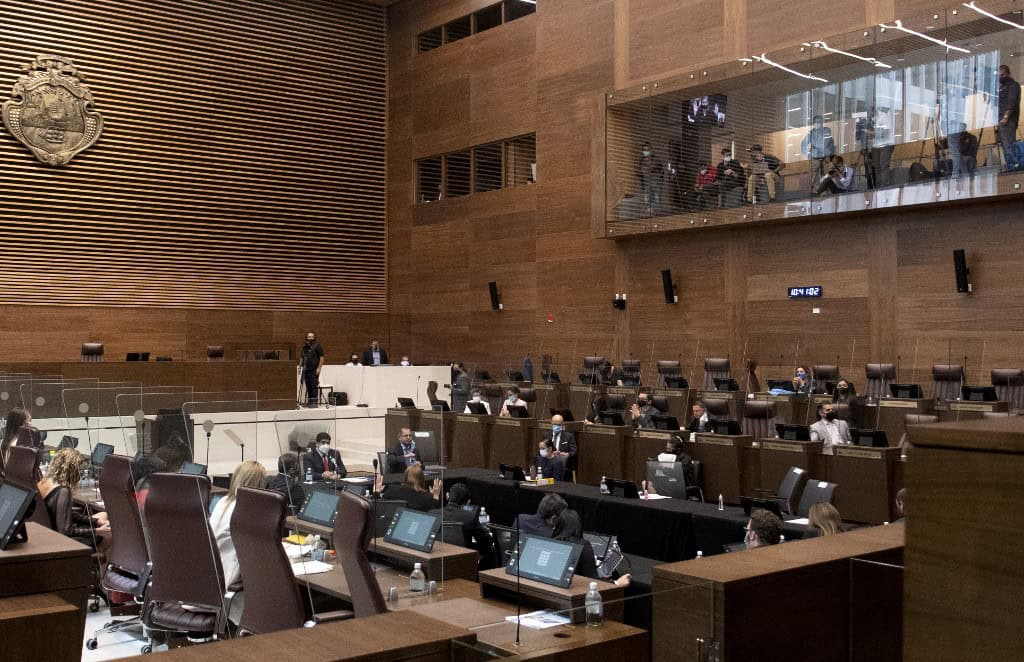The Costa Rican Congress has approved, in its first debate, a significant bill aimed at prosecuting illicit enrichment, commonly referred to as “emerging capitals.”
Introduced by President Carlos Alvarado’s administration, the bill would empower the Public Prosecutor’s Office to freeze assets when an increase in wealth without a clear lawful source is detected.
The legislation does not specify a threshold amount for what constitutes an unjustified increase in assets, giving authorities discretionary power. Without a minimum amount defined, criminals might evade the law by dispersing resources among various individuals, potentially exploiting this loophole.
This proposal, which has received broad approval, is part of the legislative priorities supported by both President Rodrigo Chaves and the Judiciary. They argue that the bill will facilitate the prosecution of organized crime and disrupt its activities.
However, the bill has faced opposition from some political parties, particularly the Progressive Liberal Party (PLP), which views it as dangerous. The PLP criticizes the bill for shifting the burden of proof onto the accused, arguing that it could lead to unjust outcomes.
“The bill allows the Public Prosecutor’s Office to freeze assets without a prior complaint against the suspected individual. Instead of the authorities proving the assets’ unlawful origin, the accused must demonstrate their lawful origin,” explained Feinzaig, a PLP representative.
Feinzaig expressed concerns that in a country with high informality like Costa Rica, such provisions could unfairly target individuals with increases in assets, such as someone purchasing a large item like a 70-inch flat-screen TV. This could pose significant risks to both citizens and entrepreneurs.
As further explained by the congressional representative, the bill permits the Public Prosecutor’s Office to act without a filed complaint, aiming to prevent suspected criminals from concealing their assets.
“If you buy a vehicle and are asked to prove its legal origin while being in the informal sector, you could face serious challenges,” cautioned the congressman.






